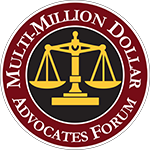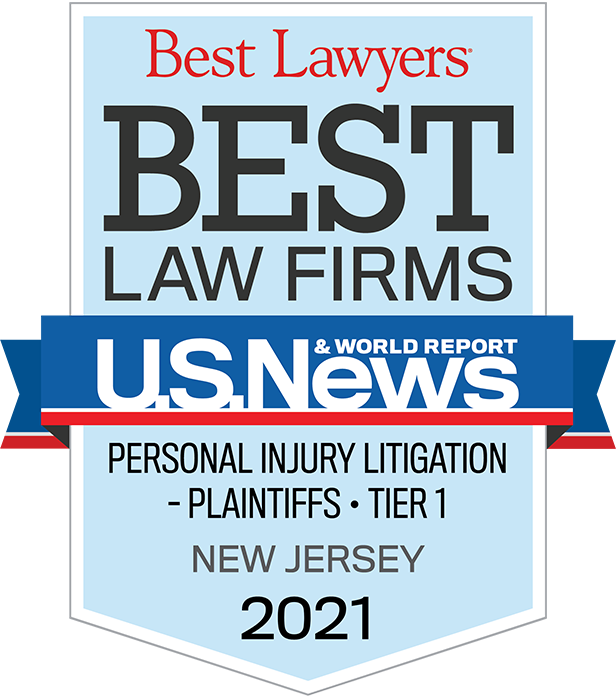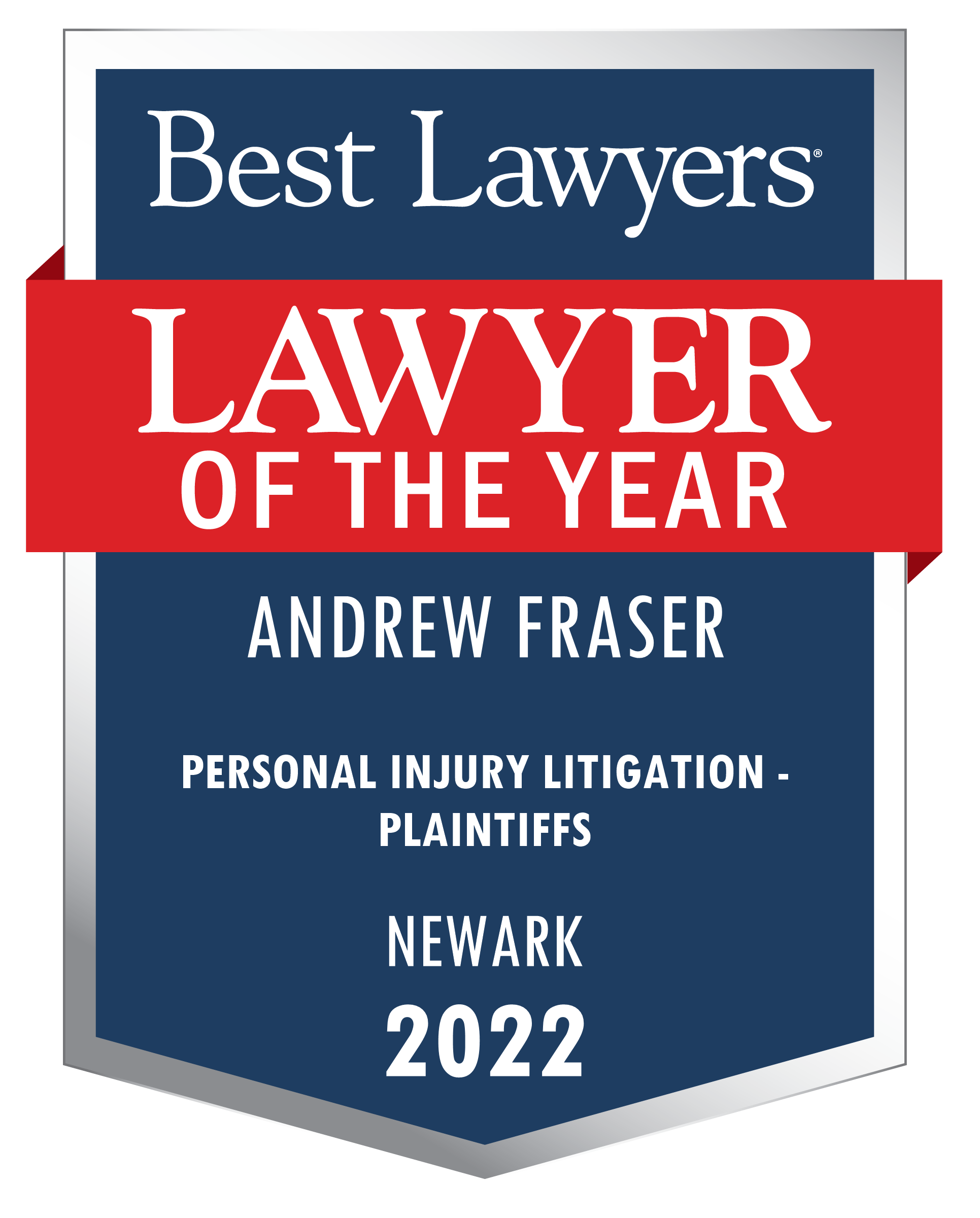Understanding Liability: Invitees, Social Guests and Trespassers Under New Jersey Law
Related Attorney: Timothy E. Dinan
February 29, 2024
Navigating the legal intricacies of premises liability in New Jersey requires a clear understanding of the different classifications of individuals who enter properties. Under New Jersey law, individuals are categorized into three main groups: invitees, social guests, and trespassers. Each classification carries distinct legal implications regarding the property owner's duty of care and potential liability for injuries that occur on their premises.
- Invitees: An invitee is someone who enters a property with the express or implied invitation of the property owner for a lawful purpose, such as customers in a store or guests at a business establishment. Property owners owe invitees the highest duty of care, which includes maintaining a safe environment, regularly inspecting the premises for hazards, and promptly addressing any dangers that may arise. In the event of an injury to an invitee, property owners may be held liable for damages if it can be proven that they failed to exercise reasonable care in maintaining the property.
- Social Guests: Social guests, also known as licensees, are individuals who enter a property with the owner's permission but for non-commercial or social purposes, such as friends or family members visiting a home. While property owners still have a duty to warn social guests of known hazards that may not be immediately apparent, their duty of care is generally lower compared to that owed to invitees. Property owners must refrain from willfully or recklessly causing harm to social guests and must exercise reasonable care to prevent foreseeable injuries.
- Trespassers: Trespassers are individuals who enter a property without permission or legal right to do so. Property owners owe trespassers the least duty of care, but they are not entirely absolved of responsibility. Property owners must refrain from engaging in willful or wanton misconduct that could harm trespassers, such as setting traps or intentionally causing injury. However, property owners are generally not liable for injuries sustained by trespassers unless they engage in gross negligence or intentionally harmful behavior.
Understanding these distinctions is crucial for property owners and individuals alike. Property owners must take reasonable steps to ensure the safety of lawful visitors while being mindful of their obligations to different classifications of individuals. Likewise, visitors should exercise caution and awareness of their surroundings when entering properties, knowing their legal rights and responsibilities under New Jersey law. By fostering a culture of awareness and accountability, both property owners and visitors can contribute to safer environments and reduce the risk of premises liability incidents.
Questions? Contact Tim Dinan at tdinan@lcrlaw.com, or (973) 729-1880.
See our previous blog post here.


















